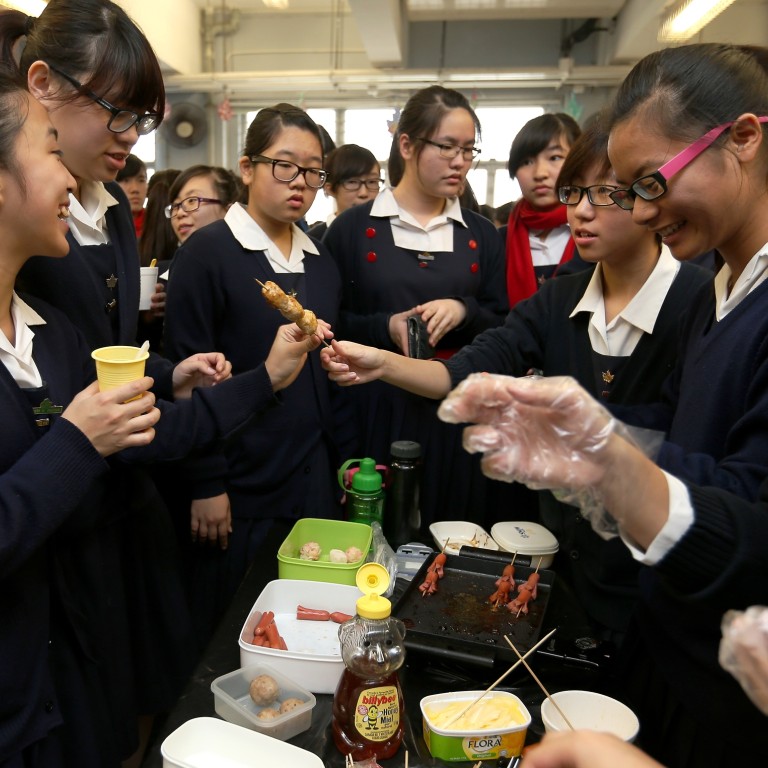
How we can best help stressed adolescent schoolgirls
Caroline Erisman says research in the US tells us adolescent girls need supportive parents, inspiring mentors and a caring school community
As the head of an all-girls school, I am a daily, first-hand witness to the triumphs and challenges that high-achieving girls can experience. Research tells us that, in the past decade, high school girls are aspiring to more ambitious educational goals than their male peers, are more likely than boys to enrol in university immediately after high school, and are more likely than boys to be valedictorians.
We also know that even as girls are thriving academically, their enjoyment of high school is plummeting. How can we help them? Research suggests that exercise, a healthy diet and good sleep habits improve learning, creativity and problem-solving. These habits can also serve to reduce stress.
However, there is still much we don't know. The Centre for Research on Girls at Laurel School - an all-girls school in Cleveland, Ohio - approached Dana Hall School about participating in a study of these very issues, looking specifically at features of a girl's life that exacerbate or relieve her stress and determining what protective factors characterise girls with high levels of well-being. These girls and their parents and teachers were given surveys four times over a two-year period starting in 2011, and 10 students from each grade at each school (and their parents and teachers) were randomly selected to participate in interviews.
The researchers identified three key factors in girls' well-being: girls' perceptions of parental expectations, the role of positive mentors and the role of the school community. Results show that adolescent girls who believe their parents have high expectations also view their parents as more critical. The study found that parental criticism is a strong predictor of future problems in girls' social-emotional well-being. As a result, the way a parent articulates expectations to a daughter is important. Parents must support their daughter's hard work, and help her view mistakes and failures not as insurmountable problems, but as opportunities for growth. We cannot change the fact that stressful events happen, but parents can help their daughters to positively interpret and respond to these events.
Secondly, the role of mentors in girls' well-being is not to be underestimated. A mentor who is authentic and engaged positively influences the self-esteem of adolescent girls. These mentors can be older siblings, classmates from higher forms or even coaches and teachers. As a result, we know that a teacher's engagement, caring and encouragement results in higher self-esteem in our girls.
The role of the school community in creating well-being in adolescent girls is also significant. When girls feel connected to their school, they have higher self-esteem and fewer health problems, social-emotional problems, and stress. Similarly, girls who have positive peer relationships do better socially and emotionally and have lower rates of depression, anxiety, stress and health problems.
We can use these findings to help our high-achieving teenage girls align their achievements with well-being. This is our opportunity to make an impact on their health and on their future.
